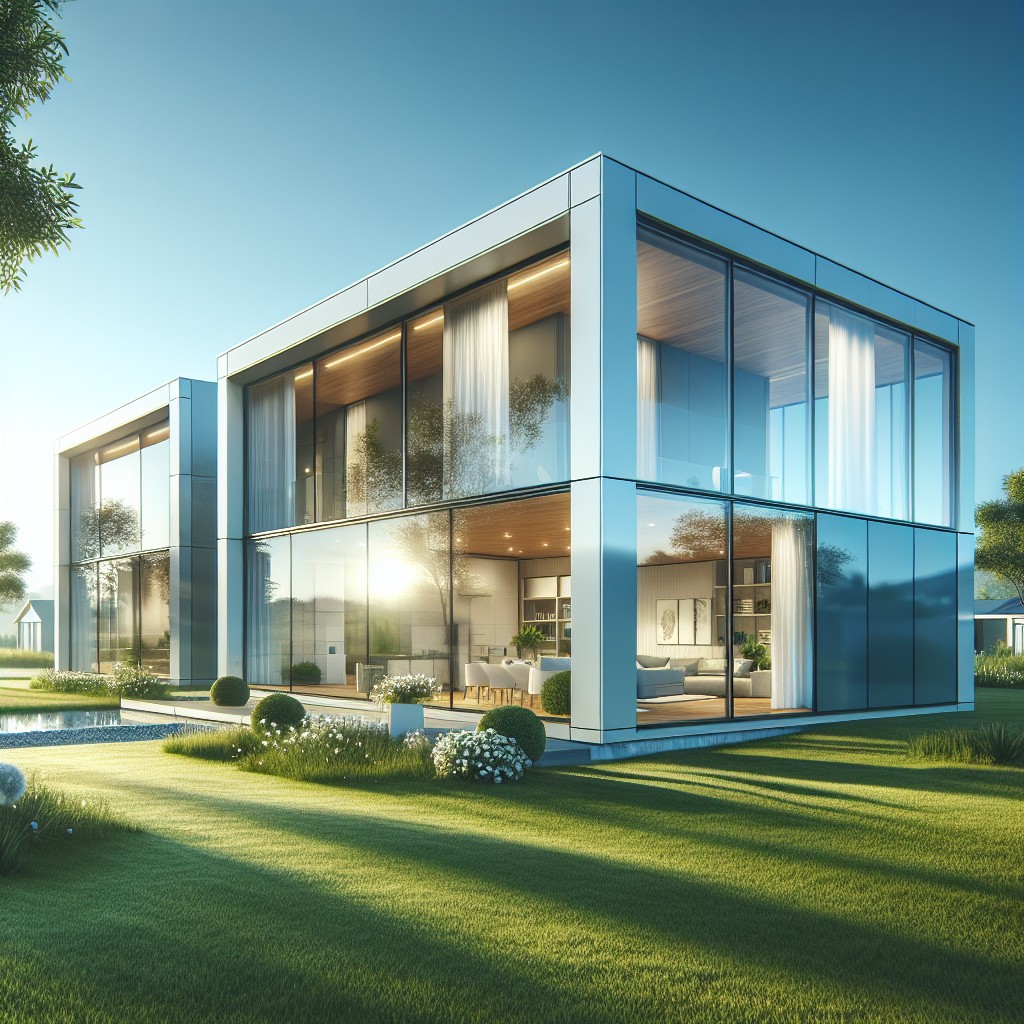Last updated on
Garage conversions can transform underutilized space into a functional part of your home, and this article examines the factors that influence the overall cost of such a project.
Key takeaways:
- Factors influencing garage conversion cost: size, condition, design, permits, utilities.
- Types of garage conversions: refurbishment, living area, workspace, rental unit.
- Benefits of a garage conversion: additional living space, increased property value, energy efficiency, sustainability.
- DIY vs. hiring a professional: cost savings vs. expertise and efficiency.
- Important questions to consider before a garage conversion: use of space, building codes, resale value, integration with existing home, HOA restrictions.
Factors in Calculating Garage Conversion Cost

When estimating the cost of converting a garage into a livable space, several variables come into play. The size of your garage will be a primary factor – larger garages will require more materials and potentially more labor to transform. The current condition of your garage also influences expenses; a well-maintained structure might need less foundational work than one that’s been neglected.
The complexity of the design is another component affecting the total cost. If your vision includes high-end finishes, custom-built features, or advanced technology, expect your budget to rise accordingly. Conversely, choosing standard finishes can keep costs down.
Permitting is an often-overlooked cost. Depending on where you live, permits can be a significant part of your budget, so make sure to check with local authorities early in the planning process.
Lastly, utility considerations such as wiring, plumbing, and insulation are crucial for making your new space comfortable and functional. These installations, crucial for converting a cold, drafty garage into a warm, inviting space, can be significant line items in your budget.
Types of Garage Conversions
Opting for a simple refurbishment involves basic changes such as insulation, drywall installation, and flooring. It’s a budget-friendly route that creates a comfortable, yet multifunctional space without extensive alterations.
Transforming a garage into a fully functional living area like an additional bedroom or a studio apartment means installing a kitchenette, bathroom, and possibly separate utilities. This comprehensive conversion demands a significant investment due to the complexity of work required, including plumbing, electrical, and potentially structural changes.
Another popular conversion is the creation of a workspace or home office. This usually requires less structural work than full living spaces but may need upgraded electrical systems, soundproofing, and adequate ventilation to ensure a productive environment.
Going for a rental unit conversion involves adhering to local ADU regulations. These units must be self-contained, with separate entrances, bathrooms, and cooking facilities. They are the most complex conversions and come with higher costs related to legal compliance and making the unit habitable for long-term tenants.
Benefits of a Garage Conversion
Garage conversions unlock the potential for additional living space without the need to expand the home’s footprint. This choice becomes especially valuable in urban areas where land is at a premium. Adaptability is key; garages can transform into guest suites, rental units, home offices, or creative studios, catering to the need for privacy and separation from the main living area.
Financially, a conversion is a sound investment. By adding livable square footage, homeowners can see an appreciable increase in their property’s value. For those considering renting out the space, it offers a source of passive income, potentially offsetting the initial outlay over time.
Energy efficiency is another consideration. The update presents an opportunity to improve insulation and install energy-efficient windows and doors, leading to long-term savings on utility bills. Additionally, for families seeking to avoid the complexities of zoning for a new structure, converting existing space typically faces fewer regulatory hurdles.
Environmentally, re-purposing an existing structure reduces the need for new construction materials, thereby lowering the carbon footprint. It’s a step towards sustainable living, reimagining and revitalizing underused space instead of building anew.
Embracing a garage conversion also answers the call for flexible housing as the landscape of work changes. As more people work from home, dedicating a space that fosters productivity and minimizes commute has never been more relevant.
Overall, garage conversions offer a strategic blend of personal and economic benefits, making them a compelling option for homeowners looking to adapt to changing needs and lifestyles.
Garage Conversion: DIY Vs. Hiring a Professional
Embarking on a DIY garage conversion can be a tempting prospect for the hands-on homeowner, offering potential cost savings and a customized approach. This route is best suited for those with experience in construction, a clear understanding of building codes, and the time and energy for the project. It allows for flexibility in design choices and pacing of the project. However, the risks involve potential mistakes, underestimation of the complexity, and overlooking legal requirements that could lead to costly corrections.
Opting for a professional contractor, on the other hand, may increase your upfront costs, but comes with the assurance of expertise and experience. Professionals bring a comprehensive understanding of permits and regulations, reliability in structural integrity, and often, warranties for their work. Their involvement can mean a streamlined process, often completed more efficiently than if one were to tackle the project solo.
Balancing the decision between DIY and hiring a professional comes down to considering your skill level, understanding of permitting processes, time availability, and the potential for unforeseen challenges. Weighing these factors against the peace of mind and expertise a professional offers will guide you in making the choice that aligns best with your needs and end-goals for your garage space transformation.
Questions to Ask Before a Garage Makeover
Before diving into a garage conversion, clarify your goals and constraints by considering these crucial questions:
– What is the intended use of the space? Whether it’s for a home gym, office, or rental unit, each use has different requirements in terms of design, soundproofing, insulation, and accessibility.
– What are the local building codes and permitting requirements? Compliance is key to ensure that your project doesn’t encounter legal snags and that it can officially be considered as livable space.
– Will the conversion affect your home’s resale value? Consult with a real estate expert to understand the potential impact on your property’s marketability and value.
– How will the conversion integrate with the existing home? Think about architectural consistency, which can be a significant factor when considering aesthetics and functionality.
– Are there any HOA restrictions you need to consider? A neighborhood homeowners’ association may have rules regulating changes to the external appearance of your home.
Assessing these factors before you begin will set a solid foundation for your project, helping to ensure that your garage conversion meets your needs and complies with all regulations.
Related reading:
Table of Contents





